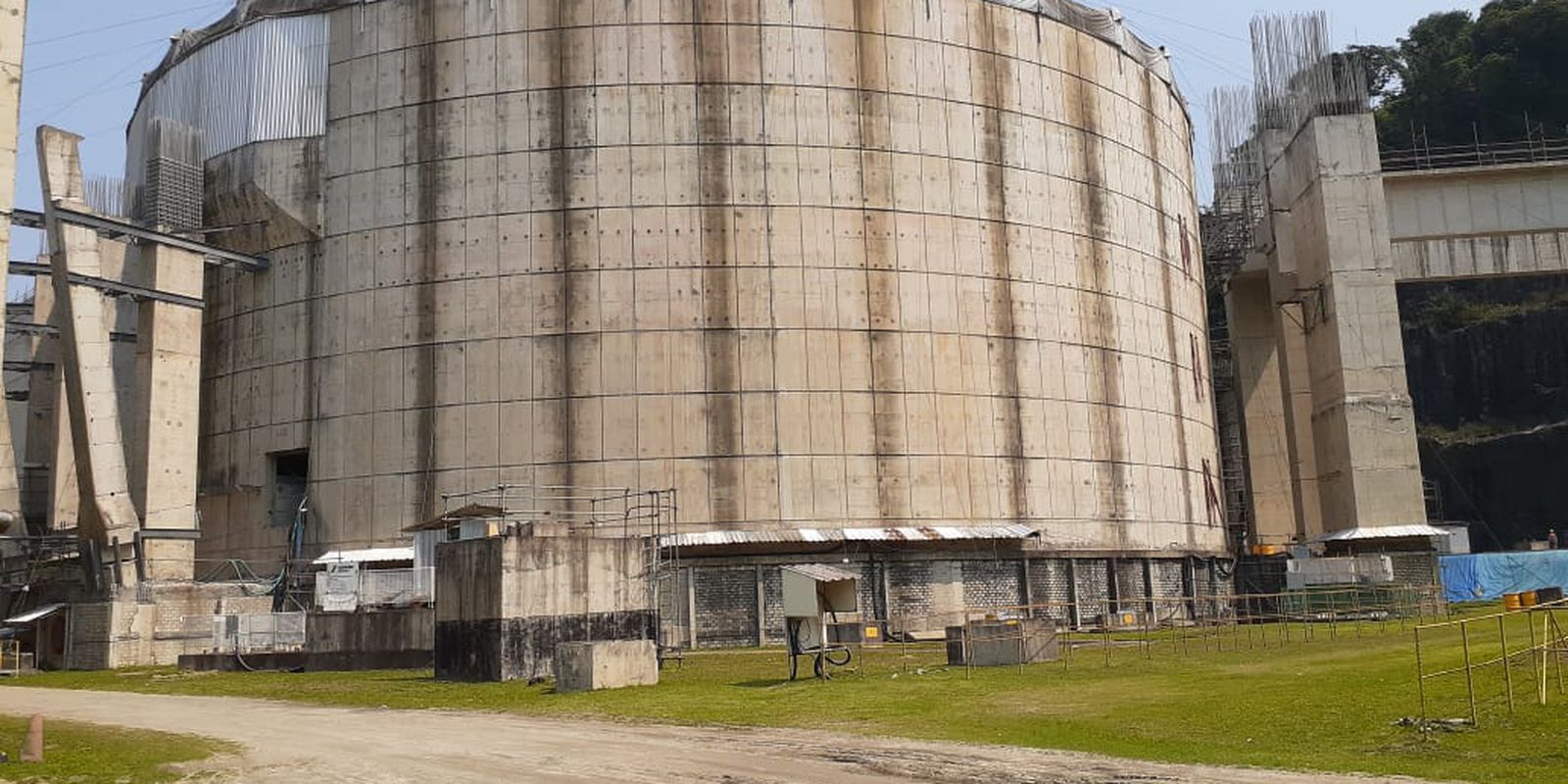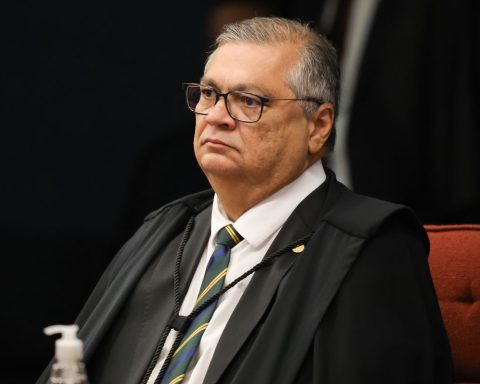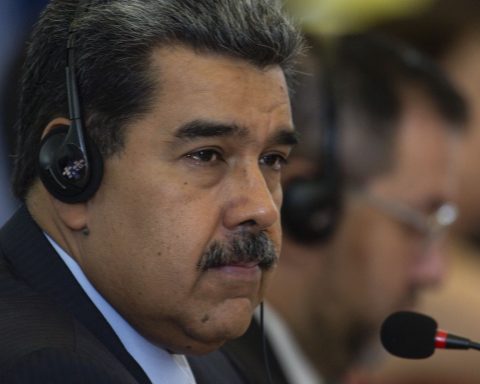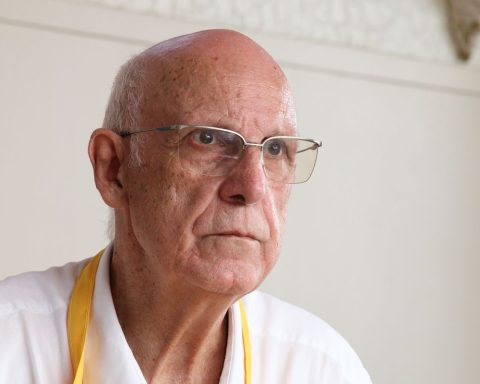The resumption of the Angra 3 Nuclear Power Plant, whose works will resume in August, was one of the themes of the 6th Seminar on Nuclear Energy: Economic, Political and Environmental Aspects, which began this Tuesday (21) at the State University of Rio de Janeiro ( Uerj). Organized by the Graduate Program in Geography (PPGEO) of the Institute of Geography of Uerj and Casa Viva Eventos, sponsored by Eletronuclear, the seminar ends tomorrow (22).
In his presentation, the head of Eletronuclear’s Goods and Services Control Department, Jean Campelo Brunswick, who until yesterday (20) played the role of Superintendent of Project Management, said that the company is developing the Critical Line Acceleration Plan , which should extend until the contracting of Epecista, so that time is not wasted and the schedule for commercial entry of the plant, estimated for February 2028, is maintained.
“This is what Eletronuclear is currently considering,” he said.
Mobilization
Brunswick told Brazil Agency that the Angra 3 Critical Path Acceleration Plan is starting. The contract was signed with the consortium formed by Ferreira Guedes, Matricial and Adtranz, which will allow for the resumption of works on the Angra 3 nuclear plant, in February this year, and the consortium is currently mobilizing personnel and starting small works at the site .
The forecast is that concrete will be delivered in August and, from then on, the work will actually resume, added Brunswick. The completion of the concrete superstructure of the Angra 3 reactor building is considered an important milestone “because it is an effective recovery”. He pointed out, however, that the works have already been resumed, after the contracting of the consortium led by Ferreira Guedes.
In 2015, when the works were paralyzed, with 65% of them already completed, R$ 7.8 billion had been spent on the plant. “We will go from 65% to 100% in 2028”, said the Eletronuclear executive, who was unable to specify the amount of investments that will still be applied to the project.
The consortium carries out some infrastructure works that the companies themselves will use, such as a changing room and cafeteria, in addition to working on the concrete plant that will be used in the reactor building.
In the current phase, between 99% and 100% of the hired labor will be national. “Because foreign labor is very specific and is usually associated with some type of work on a nuclear component or some more specific structure. It will be punctual, at least at this stage. Today, what is there is 100% national”.
Next step
According to Brunswick, the next step will be to hire the Epecista, or designer, supplier and builder, simultaneously. This was the model defined by the National Bank for Economic and Social Development (BNDES) for the resumption of Angra 3. In fact, it will be a company or consortium that will complete the civil works and electromechanical assembly of the plant, which will occur through a contract EPC (engineering, procurement and construction management). In this phase, foreign labor will also be hired, because there are several components, many of which are imported and have the assistance of Framatome, one of the main world leaders in the nuclear energy sector, whose participation is significant in the current stage of the Acceleration Plan. .
The Epecista is expected to be hired around 2024. “Whoever enters will have to do the rest of the civil works, electromechanical assembly and commissioning,” Brunswick said. He said that the privatization of Eletrobras does not in any way alter the operation of the Angra 1 and 2 nuclear plants.
According to Brunswick, what changes is that, before, the plant was under the control of Eletrobras and that now, the formerholding in the electricity sector becomes an investor in the project. “From a practical point of view, it doesn’t change, because the BNDES’ modeling study continues, the bidding will continue in the same way.” What changes is the question of the source of funds, which becomes the new holding Brazilian Company of Participations in Nuclear and Binacional Energy (ENBpar), created by the federal government, which will house assets of Eletronuclear and Itaipu Binacional, he explained. “It doesn’t affect the schedule of Angra 3 in any way,” he concluded.


















